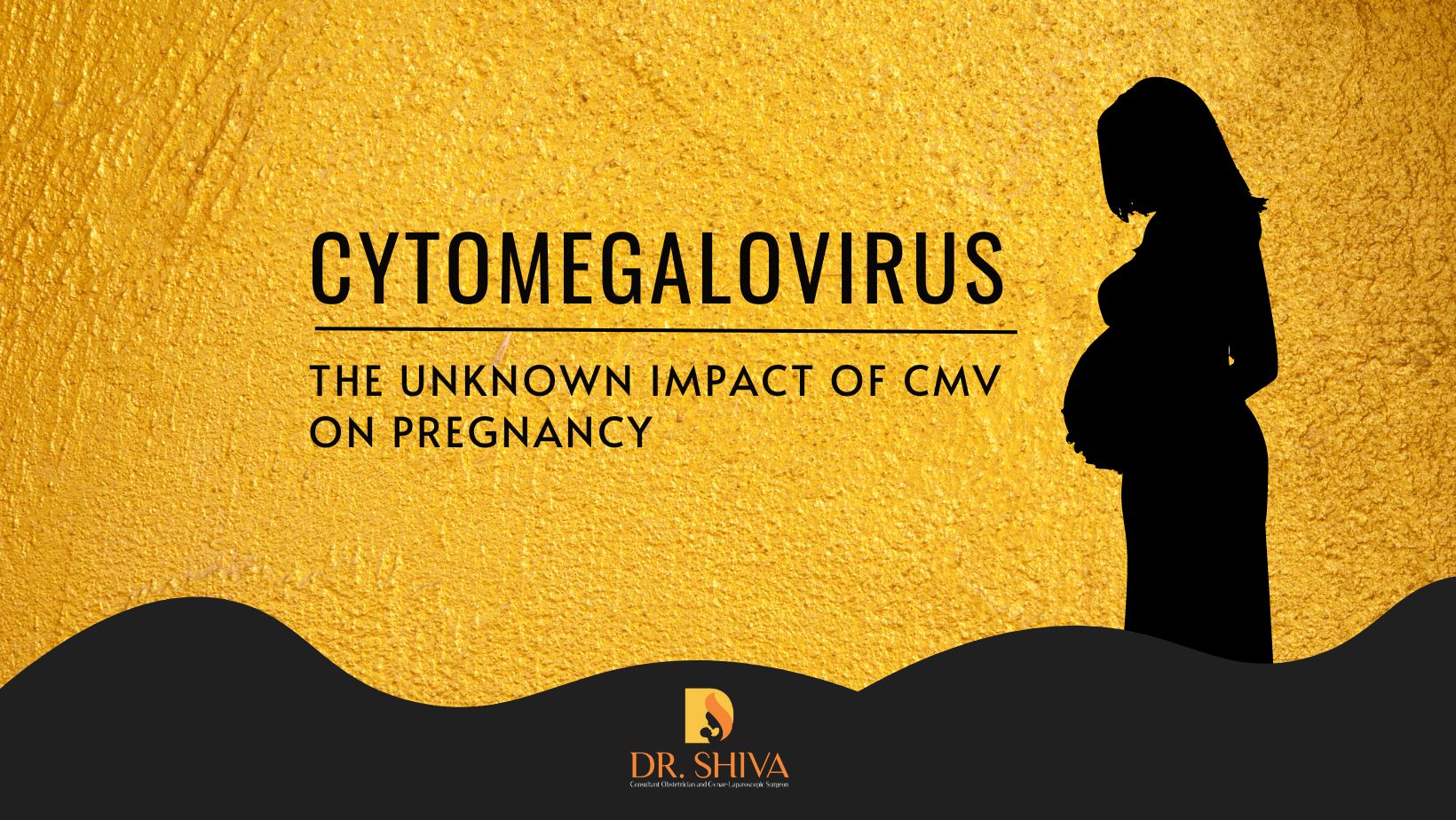
Cytomegalovirus (CMV) is a common virus from the herpes virus family. About one out of two would have been infected by CMV sometime by the time they have become adults. It can cause mild to severe illness in individuals of all ages, If you have been infected before the CMV remains in your body but will be inactive. It can become active when your immune system is weak or when pregnant. Most people do not know if they have CMV infection unless a blood test is taken.
The virus can be transmitted through contact with infected bodily fluids, including blood, saliva, urine, and breast milk. When a woman becomes infected with CMV during pregnancy(especially for the first time), there is a risk of passing the virus to the developing fetus through the placenta. This can lead to a range of birth defects and health problems, including hearing loss, vision loss, intellectual disability, and even death.
If the baby gets infected with CMV during pregnancy it is called congenital CMV. In most cases, the baby may not have any issues but in some cases, this infection can result in long-term health problems for the baby.
Symptoms
Most people do not realize they have been infected as it does not always display the signs. And it usually affects people with weaker immunity than healthy people and babies. The symptoms in healthy people include – fatigue, fever, headache, sore throat, and muscle aches. But in the case of people with weaker immunity, the virus can cause more serious problems and can affect body organs.
Some of the symptoms are –
- Extreme fatigue, headache, and body ache
- Swollen liver or spleen.
- Swollen lymph nodes.
Make sure to contact your doctor if you feel you have been exposed to CMV or if you have these symptoms.
How does this virus affect the baby?
In most cases, babies who have CMV do not have health problems. But one in five babies having congenital CMV can get sick or infected by the virus and develop long-term health problems such as –
- Hearing Loss
- Vision loss
- Muscle weakness
- Development or Intellectual disabilities.
Can the mother breastfeed the baby if she has CMV?
CMV can be passed to your baby during breastfeeding. If you have given birth to a full-term healthy baby you can nurse the baby. But if it was preterm, or has low birth weight then it is better to talk to your doctor before nursing.
Who is at a higher risk of contracting CMV?
Childcare and healthcare workers are at higher risk to contract CMV.
Here are some steps that pregnant women can take to reduce their risk of contracting CMV:
- Practice good hygiene: Pregnant women should wash their hands frequently with soap and water, especially after changing diapers, wiping their noses, or coming into contact with young children.
- Avoid sharing food and utensils: Pregnant women should avoid sharing food and utensils with young children, as they may be more likely to be infected .
- Avoid close contact with young children: Pregnant women should try to avoid close contact with young children, especially those who attend daycare or preschool.
- Practice safe sex: Pregnant women should practice safe sex and use condoms to reduce their risk of contracting CMV through sexual contact.
- Get tested: Women who are planning to become pregnant or are pregnant should consider getting tested for CMV to determine if they are already infected. This can help them take appropriate precautions to protect their unborn child.
If a pregnant woman does contract CMV, treatment options are available. Antiviral medications are the primary treatment. These medications can help reduce the severity of symptoms. However, these medications may have side effects and should be used with caution during pregnancy.
In summary, pregnant women should take steps to reduce their risk of contracting to protect their unborn child. Good hygiene practices, avoiding close contact with young children, practicing safe sex, and getting tested for CMV can help reduce the risk of infection. If infected, antiviral medications may be used to treat the infection after consulting with the doctor but should be used with caution during pregnancy.

